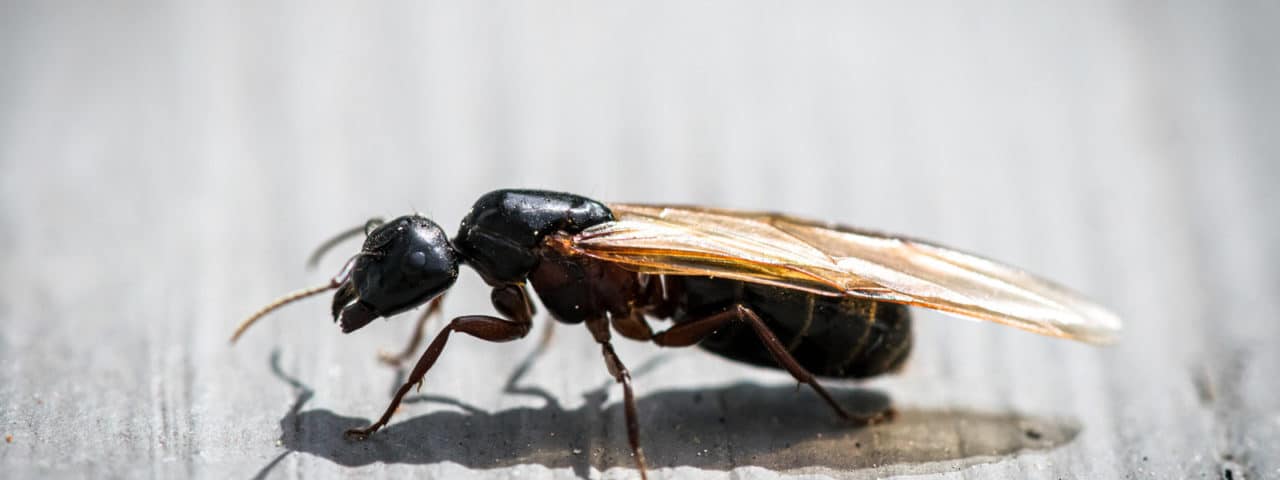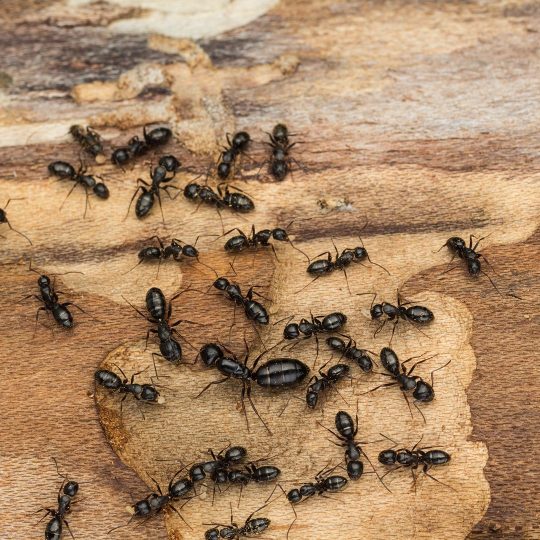Advanced Termite Control: Proven Approaches for Removing Termite Infestations
Wiki Article
Ecological Impact of Pest Control: Harmonizing Efficiency With Sustainability
The ecological effect of pest control is a critical concern that requires a fragile balance between attaining efficiency in handling insects and guaranteeing sustainability of our ecological communities. As we make every effort to shield our crops, homes, and health and wellness from the hazards presented by parasites, the methods we use can inadvertently harm the atmosphere. From the use of dangerous chemicals that leak into our dirt and water to the unplanned effects on non-target species, the effects of conventional bug control techniques are significant. Nonetheless, there are emerging techniques that offer hope for a more lasting method to pest administration. These remedies not only objective to address the immediate insect troubles however additionally take into consideration the long-term health of our world.Harmful Chemicals in Pest Control
The use of harmful chemicals in bug control presents substantial environmental and health dangers that require careful consideration and reduction approaches. Insecticides, pesticides, and herbicides are generally made use of to eradicate pests, but their widespread application can lead to unplanned effects. These chemicals can pollute dirt, water resources, and the air, impacting not only the targeted insects but also useful insects, wild animals, and human beings.
To resolve these threats, incorporated pest management (IPM) methods are being advertised as a much more sustainable alternative. IPM includes a mix of approaches such as organic control, environment control, and the targeted use pesticides as a last option (ant control huntersville nc). By adopting a holistic strategy to pest control, we can decrease the ecological and health and wellness effects connected with harmful chemicals while properly handling pest populations
Impact on Non-Target Variety
Taking into consideration the unexpected consequences of parasite control techniques, the influence on non-target types is a vital aspect that calls for complete examination. While insect control actions intend to target particular parasites, other microorganisms in the community may be inadvertently impacted. Non-target species, consisting of beneficial bugs, birds, mammals, and also plants, can experience straight or indirect damage from chemical applications or biological control methods.Chemicals can have lethal or sub-lethal results on non-target species. For instance, pesticides developed to combat a certain bug bug might harm pollinators like bees or natural predators such as ladybugs. In addition, chemical residues can gather in the environment, affecting non-target microorganisms gradually. In a similar way, biological control agents, otherwise species-specific, can present threats to unintentional targets, interfering with the ecological balance.
To reduce the influence on non-target types, incorporated parasite management (IPM) strategies that stress an all natural approach to pest control are advised. These approaches prioritize using environmentally pleasant techniques, decreasing injury to helpful microorganisms while successfully handling pest populaces. Conducting comprehensive threat assessments and keeping an eye on the results of insect control initiatives are crucial action in protecting non-target species and advertising general community health.
Dirt and Water Contamination
Unintentional ecological consequences of bug control methods prolong past influencing non-target types, with substantial implications for soil and water contamination - ant control services. Chemicals, herbicides, and chemical fertilizers made use of in pest control can leach into the dirt and infect groundwater, posing a danger to both water and earthbound ecological communities.Water contamination is another critical issue associated with bug control practices. To minimize dirt and water contamination from parasite control tasks, incorporated bug administration approaches that prioritize sustainability and lessen chemical inputs are vital.
Air Contamination From Pesticide Use
Direct exposure to air-borne chemicals during farming applications poses a considerable problem for air pollution control procedures. Furthermore, chemical drift, where pesticides are brought by the wind to unplanned areas, can lead to the contamination of close-by environments and water bodies.
Techniques for Lasting Parasite Control
In the world of farming practices, executing sustainable bug control approaches is paramount for maintaining ecological balance and protecting crop yields. Sustainable bug control stresses using eco-friendly approaches to take care of parasite populaces effectively while reducing harm to non-target organisms and try here ecological communities. Integrated Pest Monitoring (IPM) is a widely taken on technique that incorporates organic, social, physical, and chemical control methods to attain long-term bug monitoring solutions.Plant rotation and diversity are also reliable techniques to interfere with pest life cycles and produce much less positive problems for bugs to flourish. Inevitably, by integrating these lasting insect control approaches, farmers can accomplish an equilibrium between pest administration performance and environmental stewardship.
Verdict
Finally, the environmental impact of bug control methods should be carefully thought about to stabilize effectiveness with sustainability. Unsafe chemicals made use of in insect control can bring about dirt and water contamination, air pollution, and damage non-target varieties - ant control services. It is critical to execute lasting pest control strategies to lessen these negative impacts on the atmosphere and promote a much healthier ecosystem for future generationsBy embracing a holistic method to pest control, we can decrease the environmental and health and wellness influences linked with hazardous chemicals while successfully taking care of pest populaces.

To alleviate the air pollution triggered by chemical usage, it is important to take on integrated parasite administration approaches that prioritize the usage of non-chemical parasite control techniques, such as crop turning, natural predators, and immune crop ranges. Lasting pest control emphasizes the usage of eco friendly techniques to take care of insect populaces properly while reducing harm to non-target microorganisms and ecosystems. Integrated Bug Monitoring (IPM) is a widely embraced technique that incorporates biological, cultural, physical, and chemical control approaches to attain long-term insect administration remedies.
Report this wiki page